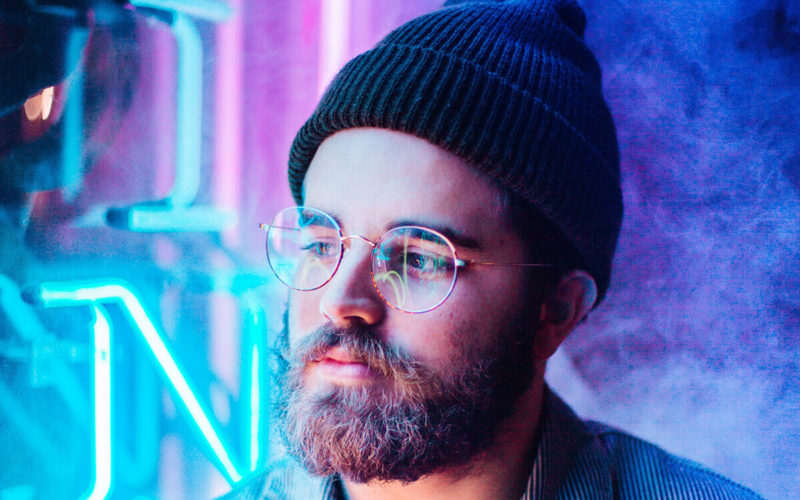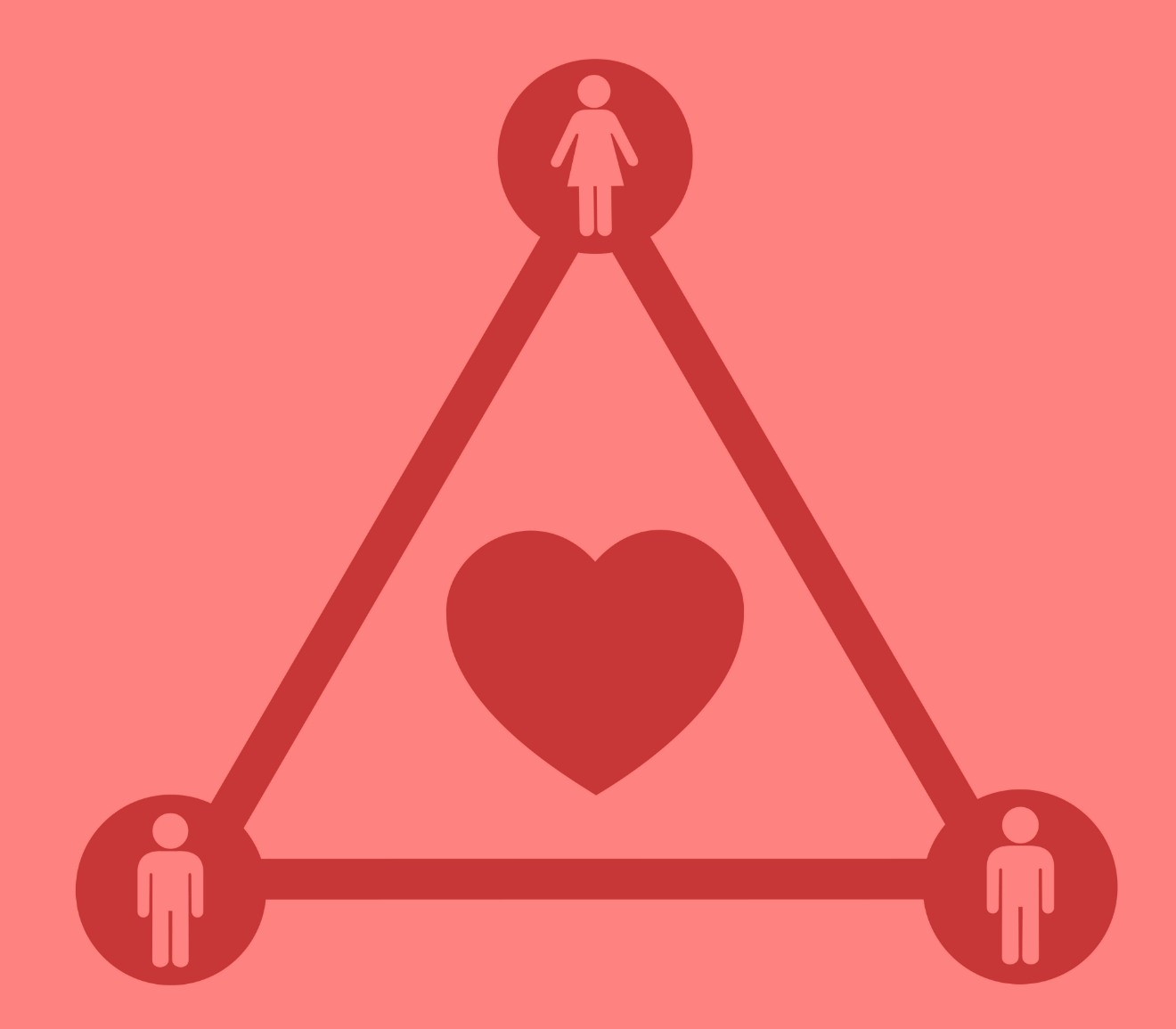Updated on 3/2/21
Do you ever feel like you’re not interested in sex the way that other people are? Maybe you feel attraction to people, but have no urge to do anything further. There’s nothing wrong with you — and you’re definitely not alone. Instead, you may be asexual, someone who experiences little to no sexual attraction. In fact, a recent study found that 1.7 percent of lesbian, gay, and bisexual people also identify as asexual.
5 Things to Know About Asexuality
Like many things, asexuality falls on a spectrum: some people may never experience sexual attraction at all. For others, sexual attraction may only be possible after forming a strong romantic connection (often called demisexuality). And speaking of romance: Just because you love someone, are in a relationship, or dream about being in a relationship doesn’t mean you can’t be asexual. While there certainly are aromantic people —those that never experience romantic attraction —it is extremely common to be romantically, but not sexually interested in someone.
Here’s what everyone should know about being asexual:
1. Asexuality doesn’t mean you don’t have a libido
Just because you’re asexual, or “ace,” doesn’t mean you aren’t interested in sex. (Although it certainly can mean that — everyone is different!) There are three disparate concepts: libido, or your sex drive; sexual desire, which is your explicit interest in sex; and sexual attraction, which means you have sexual interest in someone specific.
Plenty of asexual people have a libido or sexual desire, and they may even enjoy sex. They may express this through masturbation or through activity with a partner, even though they may have no sexual attraction. Remember: asexuality comes in many forms.
2. Asexuality and celibacy are not the same thing
Asexuality is an innate lack of sexual attraction. Celibacy is often a choice — think of a priest or monk who chooses the celibate lifestyle. Often, celibacy is chosen for religious or personal reasons. While an asexual person may be celibate by choice, it doesn’t make the fact of their asexuality any less real.
3. There’s nothing wrong with asexual people
Not experiencing sexual attraction isn’t a flaw — it’s just part of your unique brand of humanness. Asexuality can’t be fixed through medication or therapy, although in many cases therapy can help you better accept yourself.
However, there are a few conditions that are similar to asexuality, but which may have a medical basis. Please remember that, for many people, asexuality is just a fact of their life —but if your disinterest in sex came on suddenly or seems to be motivated by emotion, it may not hurt to check in with a doctor or therapist. You could be experiencing a loss of libido, sexual dysfunction, or struggling with a fear of intimacy.
4. Nothing causes asexuality
Asexuality is just like the rest of the LGBTQ spectrum: it’s how you were born, and not the result of your childhood, your genes or anything that happened during your life. There’s nothing wrong with you! Yes, sometimes it’s difficult to accept a part of you that feels uncommon —but working with a qualified therapist will help you come to terms with the unique things that make you you.
5. Asexuality won’t suddenly go away
One common misconception is that asexual people simply haven’t found the right person yet. Nothing could be further from the truth: asexuality won’t be “fixed” when you fall in love. But remember that just because you’re asexual doesn’t mean you won’t fall in love. Every day, asexual people date, get married or have children — or don’t, if that doesn’t interested them. Asexuality is part of your life, not your whole life.
If you’re just learning about your asexuality, it’s okay to be confused or even frightened. Being further from “the norm” as portrayed by TV and pop culture can be scary —but it’s certainly not wrong. Asexuality is a perfectly great orientation, and is something to be proud of. If you’re looking for media representation, try reading The Lady’s Guide to Petticoats and Piracy, playing The Outer Worlds, or watching Bojack Horseman, which features a character, Todd, who is asexual.
Need help sorting out your feelings? A mental health professional can help you accept and love your uniqueness. If you identify as a member of the LGBTQ+ community, you might consider LGBTQ+ Friendly online therapy, as working with a therapist of a similar background can give you a more fulfilling therapy experience.
Talkspace articles are written by experienced mental health-wellness contributors; they are grounded in scientific research and evidence-based practices. Articles are extensively reviewed by our team of clinical experts (therapists and psychiatrists of various specialties) to ensure content is accurate and on par with current industry standards.
Our goal at Talkspace is to provide the most up-to-date, valuable, and objective information on mental health-related topics in order to help readers make informed decisions.
Articles contain trusted third-party sources that are either directly linked to in the text or listed at the bottom to take readers directly to the source.




